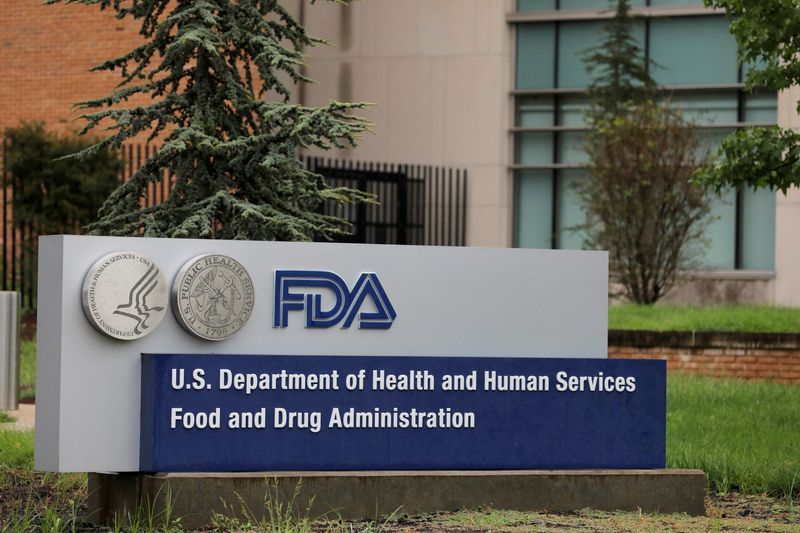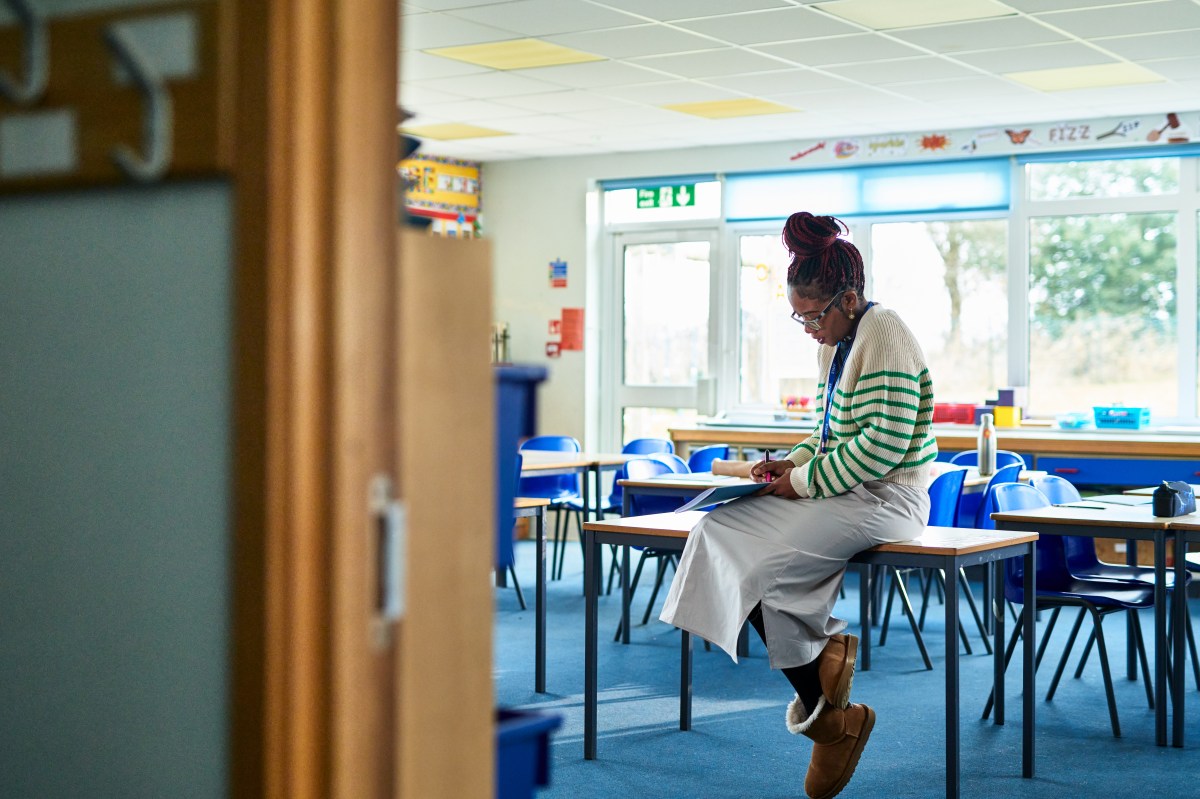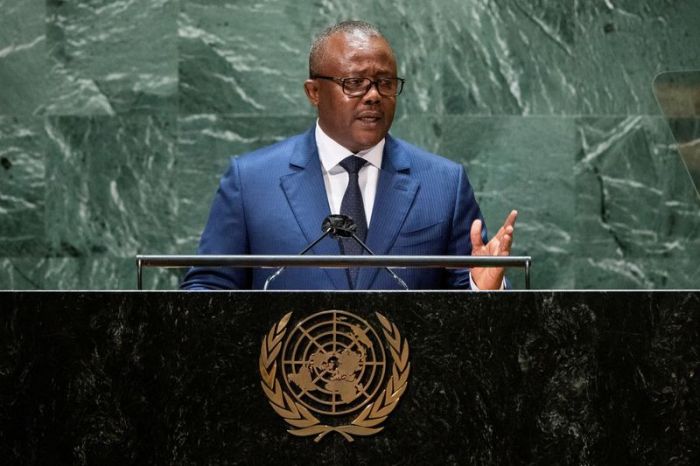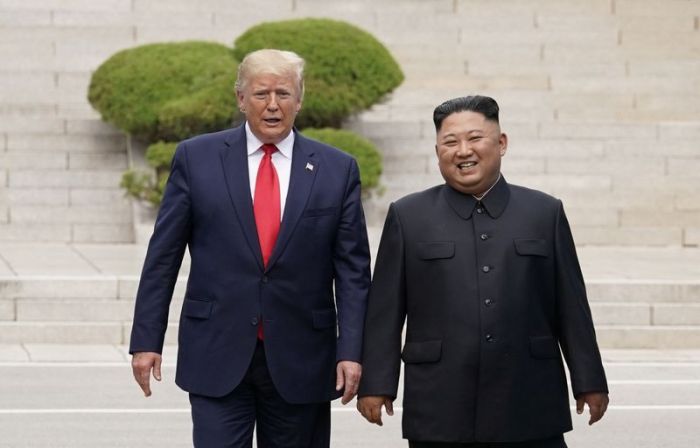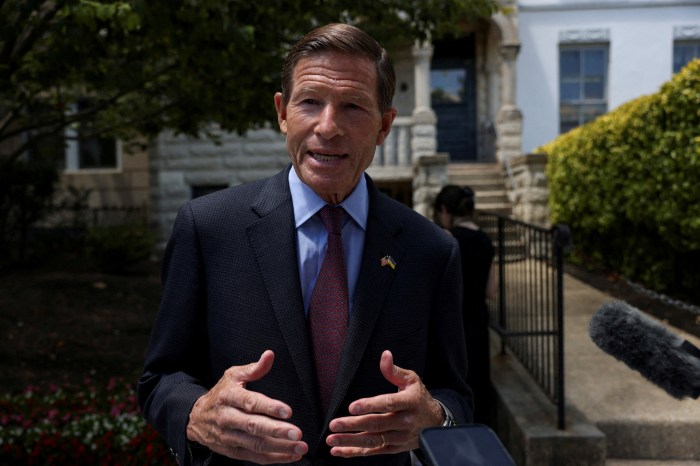By Amruta Khandekar and Roxanne Liu
(Reuters) -Innovent Biologics Inc and Eli Lilly and Co should be required to conduct a trial of their lung cancer drug that is applicable to the U.S. population, a panel of advisers to the U.S. Food and Drug Administration recommended Thursday.
The recommendation, which sent Innovent shares down more than 10% on Friday, raises concerns for some other Chinese drugmakers who have been seeking to bring their products to the U.S. market at lower costs by conducting a single-country clinical trial.
There are at least 25 applications from China in drug development phases, planned to be submitted or already under review by the FDA, that are predominantly or solely based on trial data from China, the FDA said ahead of the panel vote, without naming the products.
“Single country submission is a step backward in achieving the racial diversity that we need in the United States,” Richard Pazdur, director of the FDA’s Oncology Center of Excellence, told the panel.
The outside expert panel voted 14-1 that the FDA require more data from Innovent and Eli Lilly which had conducted the trial only in China.
Lilly said it was “disappointed” with the outcome of the advisory panel meeting, but that it would continue to work with the FDA as the agency completes its review of sintilimab.
“We have long-standing initiatives in place to advance diversity and inclusion in Lilly-conducted clinical trials,” it said in a statement.
Innovent said it remains confident in the value of Sintilimab.
Sintilimab, in the Chinese trial of patients with the most common form of advanced or recurrent lung cancer, met the main goal of progression free survival (PFS), or the time a patient lived without the disease worsening.
In addition to the lack of population diversity, experts raised concerns over the use of PFS as the study’s main goal rather than overall survival, the gold standard for cancer drugs.
They also noted a lack of urgency for this medicine given the availability of other effective drugs from the same class of immunotherapies, known as PD-1 inhibitors, such as Merck & Co’s Keytruda and Bristol Myers Squibb’s Opdivo.
Jorge Nieva, a panel member from the University of Southern California and the lone dissenter, said another drug on the market sooner could help lower the cost of such treatments.
“Having more drugs competing for those patients will have greater impact on health equity than the need for diversity in clinical enrolment,” he said.
Brad Loncar, who created a China biotech-focused ETF, said the need for trials outside China would make it unlikely a cheap China-made PD-1 inhibitor could enter the United States, because the preference for multicenter trials and overall survival as main outcomes meant longer, costlier trials that would deter most developers.
“Going forward, and this is already happening, Chinese companies will be developing newer drugs based on FDA’s expected standard and that will be expensive just like for companies from any other region,” Loncar said.
Chinese biopharmas are looking to overseas markets because of domestic pricing pressures, said Helen Chen, greater China managing partner at L.E.K. Consulting.
In the innovative oncology area, 15% of Chinese firms are already running international multicenter trials, Chen said.
(Reporting by Amruta Khandekar, Manas Mishra and Ankur Banerjee in Bengaluru, Roxanne Liu and Ryan Woo in Beijing; Editing by Stephen Coates)

